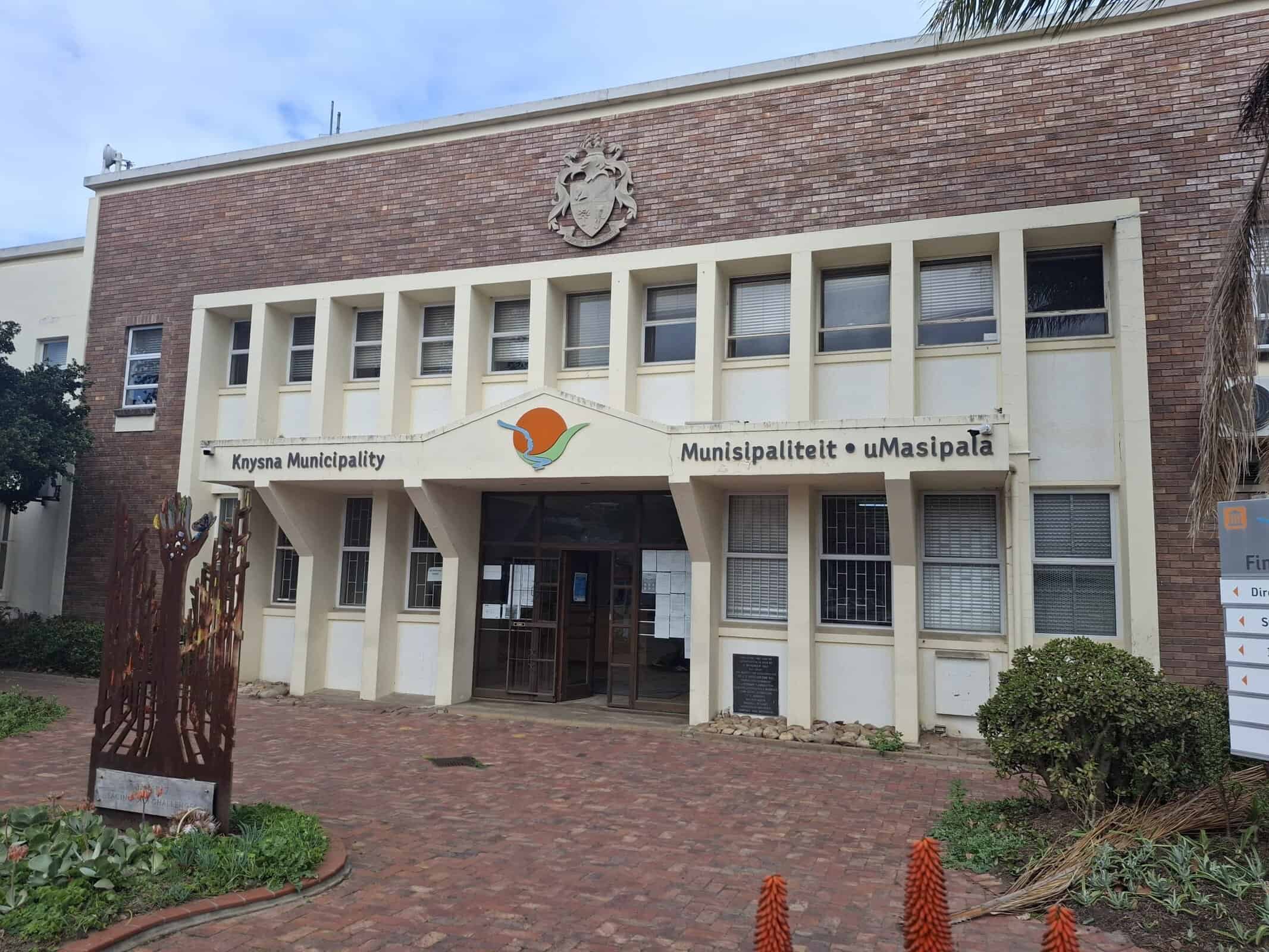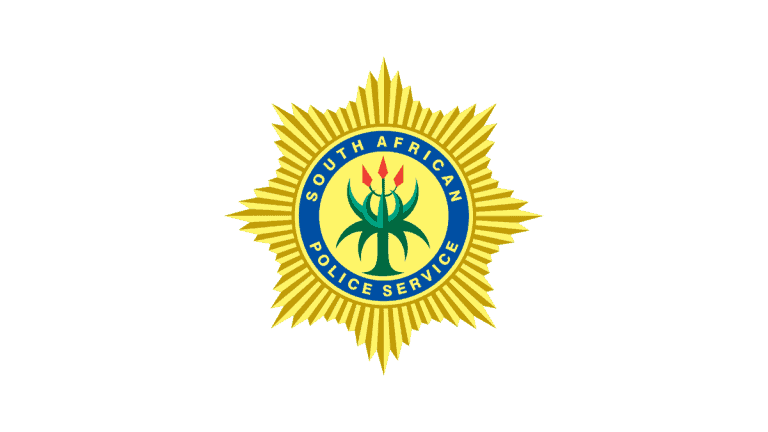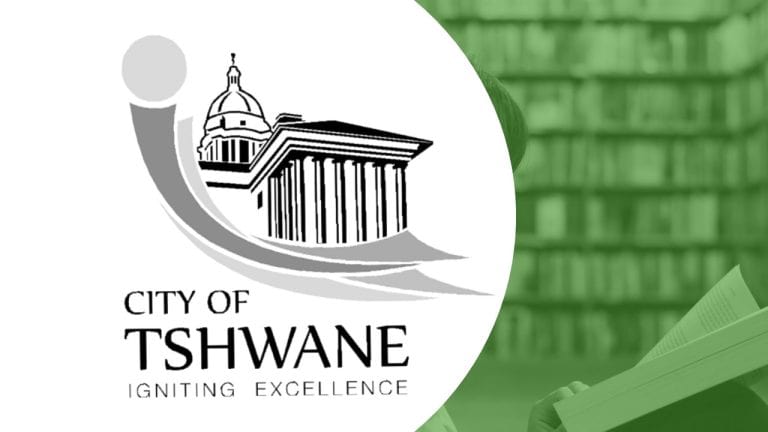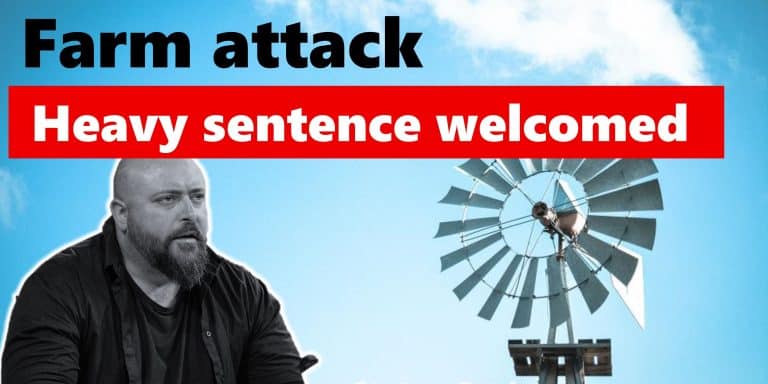Provincial intervention would destabilise Knysna Municipality, increase political interference – AfriForum
AfriForum welcomes the decision of the National Council of Provinces (NCP) today (26 September) to reject the proposal to place the Knysna Local Municipality under administration. This confirms the civil rights organisation’s position on the proposed form of intervention in this struggling municipality, namely that politically driven provincial intervention is doomed to fail and would result in administrative destabilisation and delays in service delivery.
The NCP’s decision follows the Western Cape government’s proposal on 12 September to dissolve Knysna’s municipal council in terms of section 139(1)(c) of the Constitution – the most intrusive and destabilising form of provincial intervention. Anton Bredell, Provincial Minister of Local Government in the Western Cape, attempted to force intervention in terms of this section. Section 139(1)(c) provides, among other things, that the municipal council must be dissolved, an administrator must be appointed and a re-election of the council must be held within 90 days.
AfriForum, however, warned that this plan is not about improving service delivery, but about political control. The organisation also warned that the proposed approach is risky, and suggested that the implementation of section 139(1)(b) in the case of Knysna would be much more favourable. AfriForum presented this alternative proposal with recommendations for its implementation this week at a meeting of Parliament’s select committee on Cooperation and Public Administration. During this meeting, the possible dangers of the province’s plan were also pointed out.
AfriForum therefore continues to maintain that the implementation of section 139(1)(b) must be considered to remedy the serious problems in Knysna. The organisation’s recommendations are summarised in a three-point plan, and recommend that:
- focused administrators be appointed in departments where the greatest problems are experienced, namely in infrastructure, procurement and finance;
- key personnel be appointed for a probationary period, while investigations into fraud and mismanagement are undertaken; and
- partnerships should be entered into with community organisations (such as AfriForum, Infrastructure Group, Greater Knysna Business Chamber, Revive Sedgefield, Revive Knysna and The Accountability Group) to conduct oversight and monitoring, thereby promoting transparency and accountability.
Erasmus says AfriForum’s message to the authorities is simple: “Stop the politics and provide the service delivery that the residents desperately need now. When two elephants fight, it is the trees that get hurt – and in this case it is the residents of Knysna who bear the consequences of power-hungriness and a political scramble. We support intervention, provided it is effective, targeted and temporary, and not politically motivated. The community of Knysna can no longer be a political plaything,” concludes Erasmus.
AfriForum, meanwhile, continues to work tirelessly on practical solutions. As an example of this, the Knysna branch will be undertaking its Bou en Volhou Week (Build and Sustain Week) from 1 to 6 October. During this week-long campaign, volunteers and community members will actively undertake projects such as repairing potholes, painting road markers and speed bumps, as well as various other projects that are considered municipal responsibilities.
Contact Marthinus Erasmus for more information (marthinus.erasmus@afriforum.co.za or 081 216 9602) or join AfriForum’s Knysna branch today and build a culture of self-reliance, responsibility and community pride together.











